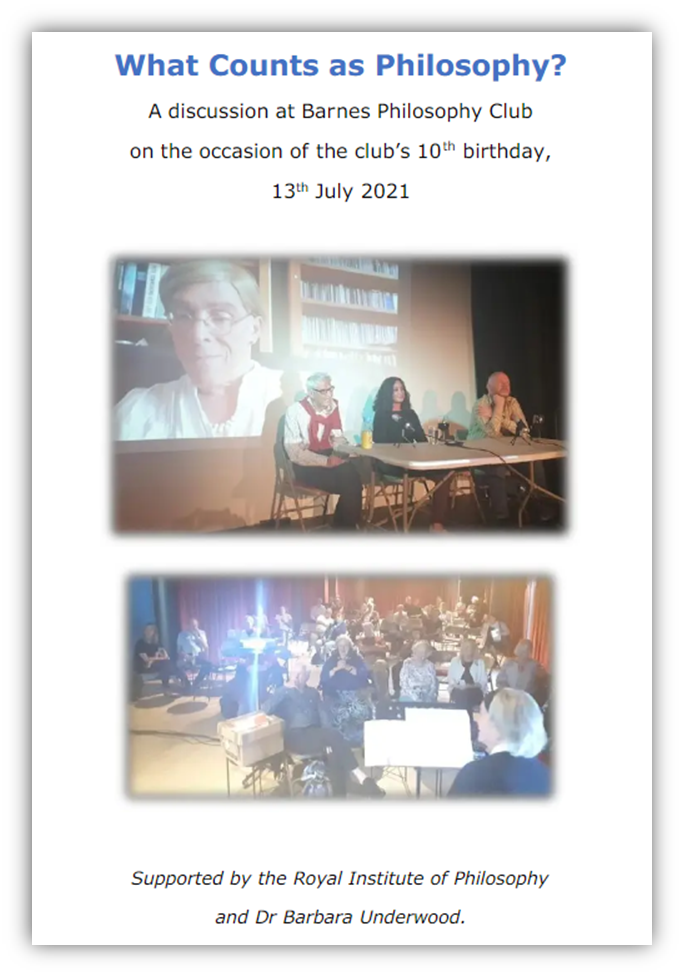Dr. Glazebrook was visiting the UK Washington State University, and provided a philosophical (and at times very practical) analysis of the climate change negotiations at COP 26. Due to last minute venue complications, she ended up giving the talk through a laptop at the Sun Inn in Barnes. For that reason, the sound quality isn't perfect - apologies!
Climate denial in a time of policy failure
This lecture identifies connections between the psychology of climate denial and incapacity of member-states in the UNFCCC to reach an agreement that will prevent the increase of global temperature beyond 1.5oC. First, the U.S. is used as a case study of climate denial among individuals and elected government officials. Next, using COP 26 as an example, conflicting logics are shown to be in play. This conflict is concluded to preclude possibility of a functional agreement. Finally, a common logic is proposed.
Tricia Glazebrook is Professor of Philosophy in the School of Politics, Philosophy, and Public Affairs at Washington State University. Her PhD at the University of Toronto uncovered Heidegger’s philosophy of science. She has since applied his work to ecophilosophy, international development, climate change, gender, indigenous knowledge systems, and economics. A primary research area is food security in Africa with particular attention to climate impacts and adaptations by women subsistence farmers in Ghana. She is known as an ecofeminist working for climate justice at the nexus of agriculture, gender, poverty, and climate in the global South. She also works in military ethics with focus on drones and on moral injury as an additional understanding of PTSD, and in ethics of ‘Big Data’ with focus on regulatory systems, policy, industry standards, and specific data applications. In Nigeria, she is a Research Associate at Osun State University and a member of the Board of Governors of the Center for Research in Environment and Sustainable Development in Lagos. She serves on the Board of Directors of Gender CC: Women for Climate Justice that has its international secretariat in Berlin and partners with women’s groups throughout the global South to conduct multiple projects integrating gender into climate policy. She incorporated Ghana Fair in the United States in partnership with the Single Mothers’ Association of the Upper East Region in Ghana to provide livelihood diversification, alternative income, and microcredit financing for women. Current book projects include gendered analysis of climate finance, a textbook on ‘Big Data’ ethics, and an edited volume on Heidegger and gender.
